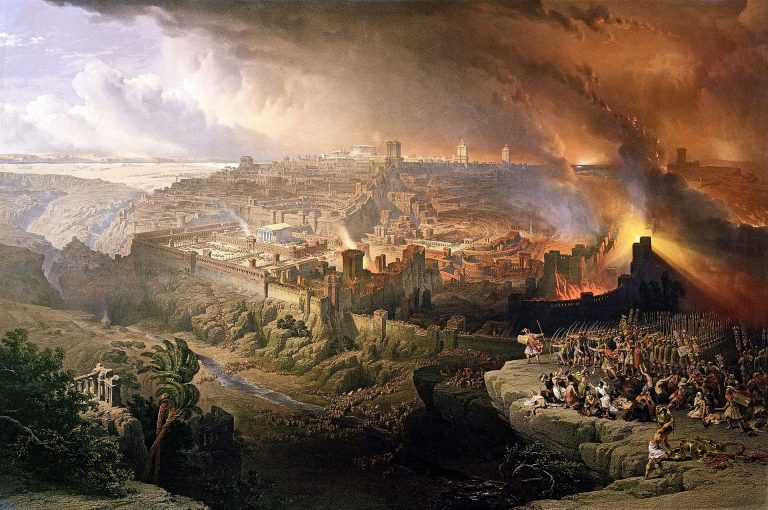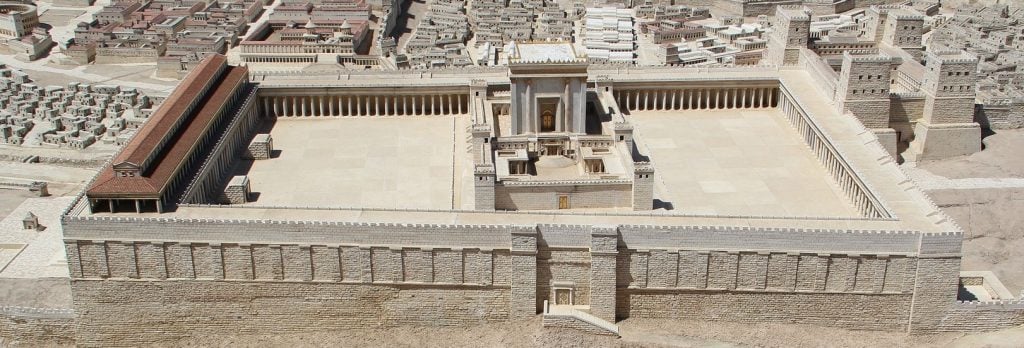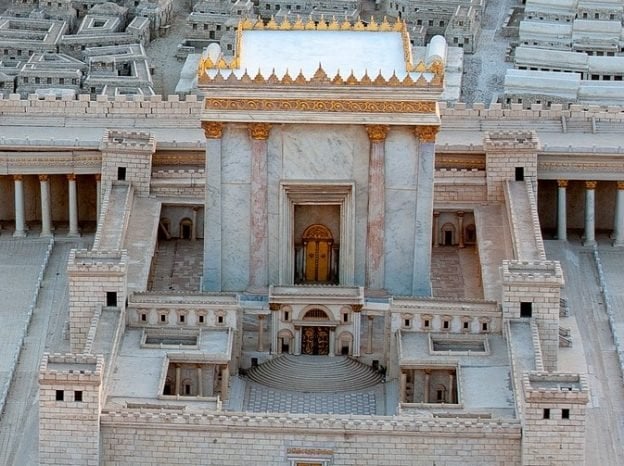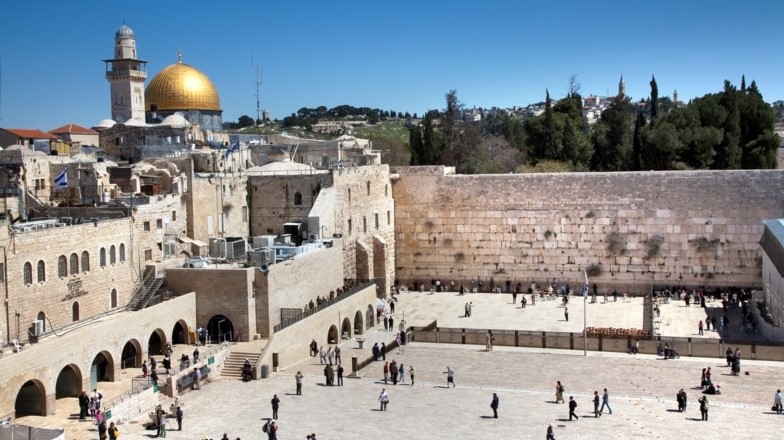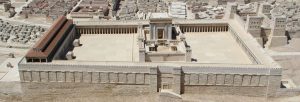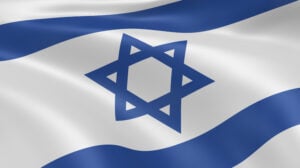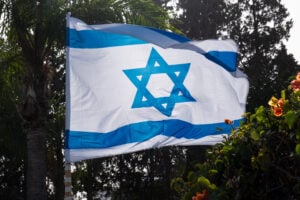According to the Mishnah (the Oral Torah, part of the Talmud), several other calamities also happened on this day throughout ancient Jewish history, making it even more poignant and somber.
For instance, it is believed that the 17th of Tammuz saw an infamous incident where the First Temple was defiled with an idol, a cause for mourning before even the Temple was destroyed.
Jewish tradition also says that this was the day Moses threw down and smashed the first pair of the Ten Commandments tablets he received at Mount Sinai from God. Moses was so enraged at seeing the Jewish people worship a golden calf that he destroyed the tablets; he then received a second set of the Ten Commandments, which would end up being stored along with the broken pieces of the first set inside the Ark of the Covenant.
While we know historically that the walls of Jerusalem were breached on the 17th of Tammuz by the Roman army before the destruction of the Second Temple, the Jerusalem Talmud also connects this date to the Babylonian siege on the Holy City that led to the destruction of the First Temple centuries earlier. The Book of Jeremiah gives a different date for the Babylonian breach of the city walls, but the Jerusalem Talmud says that the people were so troubled by this devastating event that it’s possible the dates have been incorrectly recorded.
The Roman siege on Jerusalem began in 70 CE on the 17th of Tammuz, and while it culminated in the destruction of the Holy Temple on Tisha B’Av (the ninth of the Hebrew month of Av), that was not the end of Roman violence or persecution against the Jewish people in Judea.
The Mishnah in fact gives another example of Roman violence coinciding with the date of Tammuz 17: it is said that the Roman military leader Apostomus burned a Torah scroll on this day as part of his campaign of oppression before the Bar Kokhba revolt of 132-136 CE.
